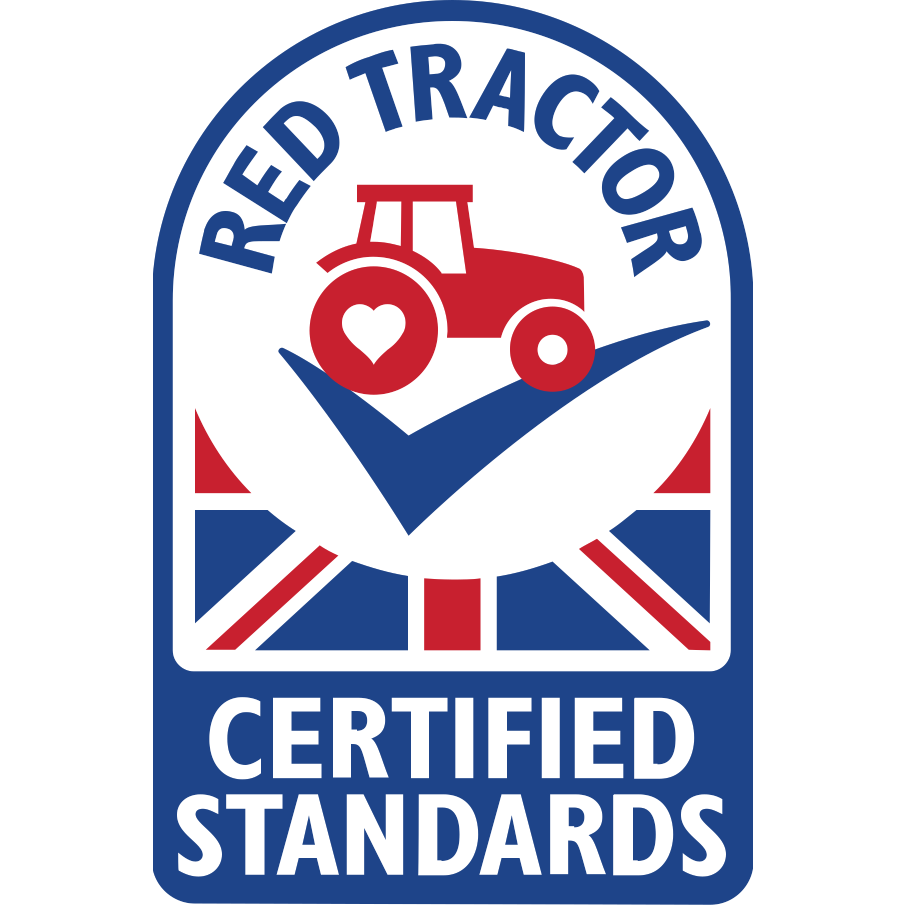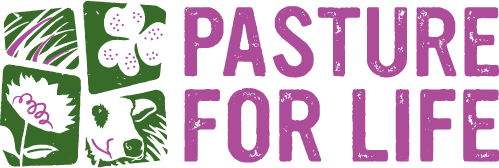What is farm assurance?
We’ve all seen the logos on food packaging on supermarket shelves, Organic milk, Red Tractor minced beef, RSPCA Assured sausages, Lion Code free-range eggs, and Fairtrade coffee. But what do these logos really mean, and what difference do they make to the food you often unquestioningly place into your shopping trolley week after week?
What does food assurance mean?
Assurance labels are a promise that the food you are buying has been produced in accordance with certain standards and ethics. What appears as simply an eye-catching logo on your sausages, milk, coffee or chocolate is actually the end result of a carefully monitored process to ensure the food you buy is sourced, raised, treated, or harvested, in a particular way with an emphasis on ethics, sustainability or animal welfare.

RSPCA Assured

The UK’s only farm assurance scheme dedicated solely to animal welfare with standards that come directly from the UK’s oldest animal welfare charity.
Soil Association

The UK’s largest organic certification scheme, Soil Association aims to promote good health in balance with nature, and a sustainable climate.
Red Tractor

By far the UK’s largest farm and food assurance scheme, Red Tractor promotes standards for food production which are always equal to or higher than the government’s baseline requirements.
Lion Code

Representing the UK egg industry, in addition to ensuring food standards, Lion Code also aims to ensure hens are kept in accordance with statutory requirements.
Aquaculture Stewardship Council

A global farmed seafood certification scheme, with standards including water quality, responsible sourcing of feed, disease prevention, and animal welfare.
Pasture for Life

The UK’s leading and only certification mark for 100% grass-fed/pasture-fed, grain-free ruminant meat and dairy.
How does farm assurance work?
All farm assurance schemes work differently based on their priorities, but the process is more or less the same for all of them. When a farm wishes to join a scheme, it makes an application (farm assurance schemes are voluntary). The farm is then visited and assessed to ensure it meets the specifications and standards required.
Once accepted onto the scheme, regular visits are made to these farms to ensure the standards are continually being met. Once again, the regularity of these visits depends on the scheme. In addition to identifying areas for improvement, farm assurance schemes also provide guidance to encourage continuous improvement and adoption of the latest techniques and technologies.
Ethical assurance from farm to fork
It is not sufficient to ensure that the animals or crops are raised to a particular set of standards. It is also necessary to ensure the public that the food they find on the shelves carrying the logo has been treated and handled with respect during the entire process. This is known as a chain of custody, and it forms part of the guarantee made to customers when they choose farm-assured products.
What does RSPCA Assured do?
As the RSPCA’s farm assurance and food labelling scheme, we assess farms, hauliers and abattoirs to ensure they meet the RSPCA’s welfare standards. We work to ensure that the animals on RSPCA Assured farms live their lives from birth to death according to strict higher welfare standards.
Our assessors visit the farms on our scheme once a year to ensure the higher welfare standards set by the RSPCA are being maintained. In addition to checking for standards, our assessors also carry out welfare outcome assessments. By monitoring welfare outcomes such as animal mortality rates, disease, lameness, injuries and the occurrence of normal and abnormal behaviours, farm assessors can see to what extent the potential for higher welfare is really being achieved. This is because farm animal welfare isn’t measured by the number of hens per water feeder or square metres per animal; it is seen in the all-around well-being of the individual animal.
How does farm assurance benefit consumers?
Does RSPCA Assured mean free-range?
Not necessarily; let’s take eggs as an example. When you see the RSPCA Assured logo on a box of eggs, it means that the hens were raised and cared for according to the RSPCA’s welfare standards; those standards cover both free-range hens and barn-kept hens. At the time of writing, only 2.5% of our egg producers still use a barn-raising system. Both indoor and outdoor farming systems for egg-laying hens have positive and negative welfare issues, and the RSPCA standards seek to manage these accordingly. You can find out more on our egg-laying hens page.
What difference does RSPCA Assured make?
Chickens Egg-Laying Hens Dairy Cows Pigs Salmon & Trout Turkeys
